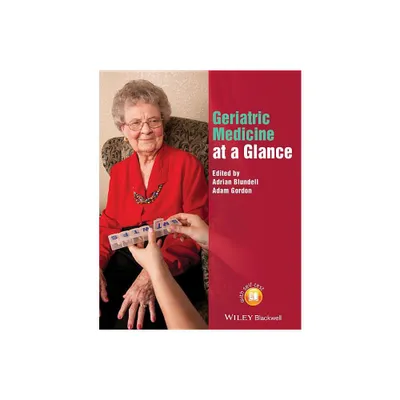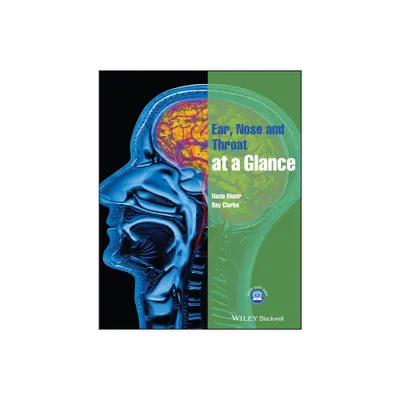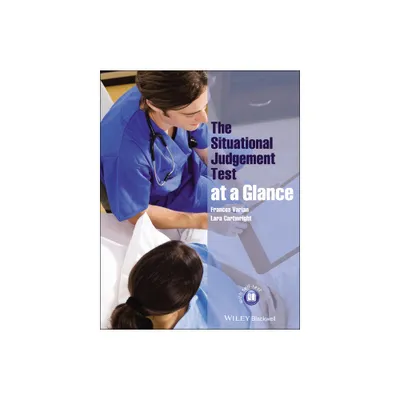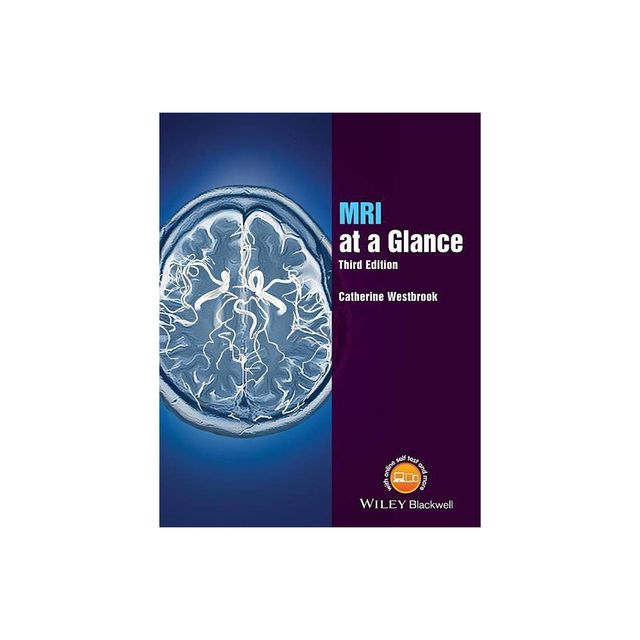Home
The Suspecting Glance
Loading Inventory...
Barnes and Noble
The Suspecting Glance
Current price: $22.40


Barnes and Noble
The Suspecting Glance
Current price: $22.40
Loading Inventory...
Size: Paperback
*Product Information may vary - to confirm product availability, pricing, and additional information please contact Barnes and Noble
The Suspecting Glance
(first published in 1972) collects Conor Cruise O'Brien's four T. S. Eliot Memorial Lectures as delivered at the University of Kent, Canterbury, in November 1969. The lectures were inspired by O'Brien's experience of holding the Albert Schweitzer Chair in Humanities at New York University from 1965-9, and there teaching students in whom he noted burning radical convictions but also a disconcerting 'lack of suspicion in those bright, young eyes'. Whereas to O'Brien's mind the 'suspecting glance' was a mark of political maturity that had to be first directed at one's own opinions prior to decrying another's.
Brien's Eliot lectures were, as his friend Frank Callanan noted, a 'corrective gesture' toward his New York experience. In them he considers four writers - Machiavelli, Burke, Nietzsche, Yeats - whom he reads as being 'profoundly aware of the resource and versatility of violence and deception in man, in society, and in themselves'.
(first published in 1972) collects Conor Cruise O'Brien's four T. S. Eliot Memorial Lectures as delivered at the University of Kent, Canterbury, in November 1969. The lectures were inspired by O'Brien's experience of holding the Albert Schweitzer Chair in Humanities at New York University from 1965-9, and there teaching students in whom he noted burning radical convictions but also a disconcerting 'lack of suspicion in those bright, young eyes'. Whereas to O'Brien's mind the 'suspecting glance' was a mark of political maturity that had to be first directed at one's own opinions prior to decrying another's.
Brien's Eliot lectures were, as his friend Frank Callanan noted, a 'corrective gesture' toward his New York experience. In them he considers four writers - Machiavelli, Burke, Nietzsche, Yeats - whom he reads as being 'profoundly aware of the resource and versatility of violence and deception in man, in society, and in themselves'.


















